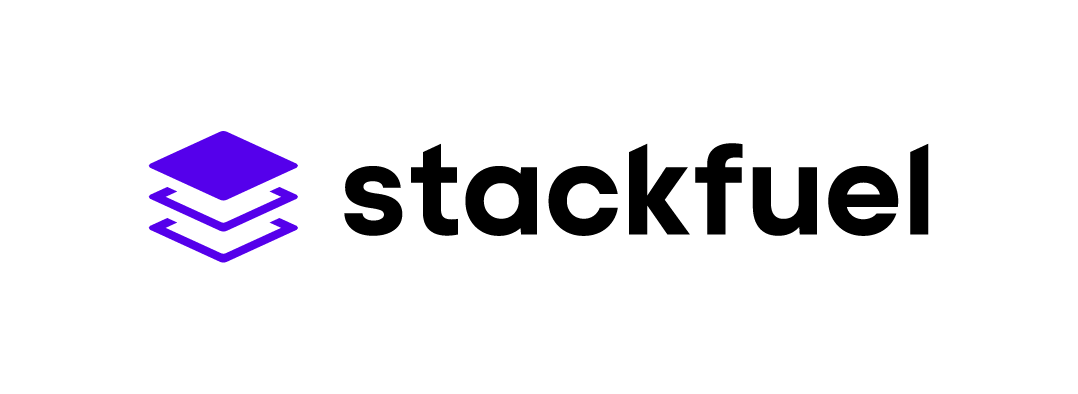Object-oriented programming with Python
Advanced programming techniques and OOP with Python - the online training course with certificate of completion

Contents
1. advanced techniques in Python
- You will get into advanced techniques with Python and learn about default values, type hints and assert statements.
- You will get to know the List Comprehension and Dictionary Comprehension methods and learn how to use them to efficiently create lists and dictionaries.
- You will learn how to adapt the layout and structure of your code to the industry standard PEP8.
2. basics of object orientation
- Using simple examples, you will learn what OOP is, which programming principles are based on it and which conclusions you can draw from it.
- You will learn how to define and use classes and attributes. You will examine instance methods using examples and use them with method chaining.
- You will learn what the keyword self is and how you can differentiate between class definitions when debugging. Finally, you will test your acquired knowledge in an interactive intermediate project and repeat the exercises from the chapter.
3. inheritance and composition
- You will learn what inheritance and composition are and how you can use these concepts in use cases.
- In addition to simple inheritance, you will also learn about advanced methods such as the inheritance hierarchy and multiple inheritance.
- You will learn how to reuse data in superordinate and subordinate classes and avoid data loss.
- Finally, you will learn the most important best practices for unit tests to find errors in your code.
4. advanced object-oriented programming
- You will deal with advanced concepts of object-oriented programming that will accompany you in your daily work. You will deal with the difference between programs and modules and the role of main.
- You will learn what Decorators are and how to use Property Decorators optimally.
- You look at static and class methods and which special methods and class representations can be used with str() and epr().
- You will learn about the display options of the Overloading operator and other important methods with the Python Standard Library and then apply what you have learned in an intermediate project.
5. programming object-oriented applications
- Finally, you will put your knowledge to the test in two larger projects and create applications that you can use in your own projects.
- In the first project, you will build your own interface to a popular data science library to use machine learning for data or text analysis.
- In the second project, you will program your own blockchain with Python, which you can use to transfer digital tokens.
How do you learn in the course?
This online course offers you a particularly practice-oriented learning concept with comprehensive self-study units and a team of mentors who are available to you at all times. A new chapter is unlocked for you every week. With a time budget of around 8 hours per week, you are sure to reach your goal in 4 weeks. This is how you learn in the course:
Data Lab: In the course's learning environment, you can expect videos, interactive graphics, text and, above all, lots of practical exercises. You carry these out directly in the browser.
Mentor team: Your learning coaches are on hand to answer any questions you may have. They are experienced experts experts who will be happy to help you - via chat, audio or video call.
Webinars: Once a week, you have the opportunity to take part in webinars and immerse yourself in selected specialist data analysis topics.
Career coaching: What professional goals are you pursuing with your further education and how can you achieve them? A team of mentors is ready to help you achieve your career goals.
Certificate: After the final project, you will receive your official certificate of participation in this training course.
This online training is provided by our partner StackFuel GmbH. StackFuel specializes in training courses on data literacy, data science and AI.
Your benefit
- You will expand your basic knowledge of Python with advanced topics and qualify for tasks in professional software development.
- You will learn all about the use of Python for programming automation in a wide variety of scenarios.
- You will learn advanced Python programming techniques such as List Comprehension and Dictionary Comprehension and how to reuse existing code.
- You will gain specialist knowledge about the use of Python in object-oriented programming and learn about the concepts of inheritance.
- You not only learn the theory, but also apply the methods and techniques in many practical exercises and consolidate your knowledge quickly and sustainably.
- The technical barriers to entry are minimized through the use of Jupyter notebooks, with which you can carry out the exercises directly in the browser.
Recommended for
This training is aimed at anyone who is looking for comprehensive training to become a Python programmer and would like to use the versatile general-purpose language in data analysis, software development or web development. The training is suitable for career changers and is the perfect introduction to software development to prepare you for a career as a developer developer, software developer or data scientist. Previous knowledge of Python is required.





